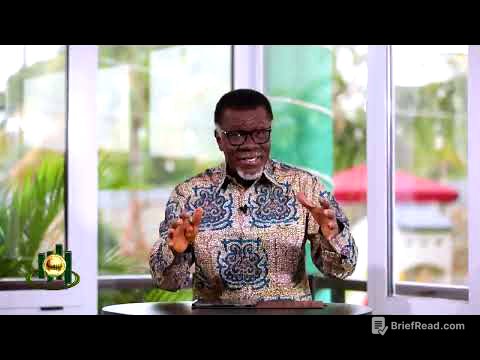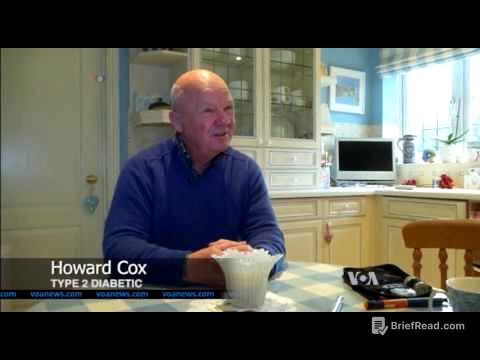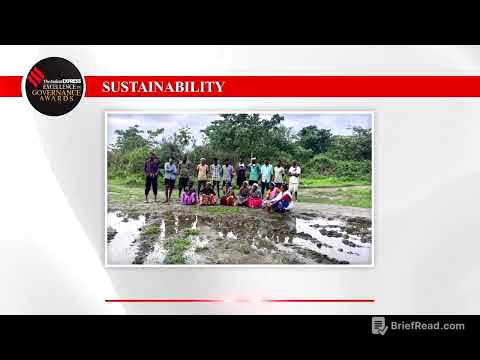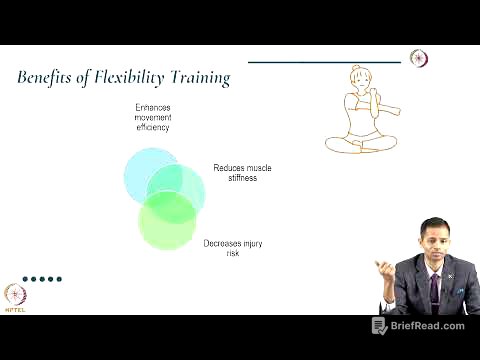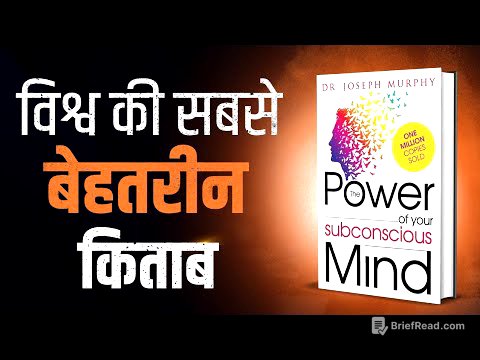TLDR;
The video addresses the controversial idea of taxing opinions shared on social media, particularly targeting unemployed individuals aged 18-25. It argues that such a tax is illogical and goes against the principles of freedom of speech and democracy. The speaker emphasizes that the right to express opinions should not be based on income or employment status, as valuable perspectives can come from various segments of society, including students and homemakers.
- Freedom of speech is a fundamental right, not dependent on income or employment.
- Dismissing opinions based on age or employment status leads to stereotyping and censorship.
- Taxing opinions would disproportionately affect the less privileged, hindering social reform and youth-led change.
The Illogical Idea of Taxing Opinions [0:01]
The speaker begins by expressing disbelief at the notion of taxing opinions shared on social media platforms. The idea that unemployed individuals aged 18-25 should be taxed for expressing their views on platforms like Instagram is deemed shocking. The speaker immediately questions the logic behind such a proposal, setting the stage for a detailed rebuttal.
Freedom of Speech and Democratic Values [0:31]
The speaker argues that freedom of speech is a fundamental right in a democratic society and should not be contingent on income or employment status. They highlight that even unemployed individuals, homemakers, and students can offer valuable perspectives. The speaker underscores that limiting the right to express opinions based on financial contribution undermines the principles of democracy and inclusivity.
The Worth of an Opinion [0:55]
The speaker contends that the value of an opinion is not determined by one's employment status or financial situation. Young people often bring fresh insights on critical issues like climate change, education, and innovation, which might be overlooked by older generations. Dismissing the opinions of those aged 18-25 is a form of stereotyping and censorship, stifling valuable contributions to societal discourse.
Censorship and Social Reform [1:18]
The speaker warns that taxing opinions would lead to censorship, as only the wealthy and privileged would be able to afford to voice their views. This would be detrimental to society and democracy, as it would suppress diverse perspectives and hinder social reform. The speaker emphasizes that many significant social reforms, student movements, and youth-led changes would not have occurred if young and unemployed people had been silenced.
The Importance of Diverse Opinions in a Democratic Society [1:48]
The speaker concludes by reiterating the importance of diverse opinions in a democratic society. They emphasize that everyone should have the right to express their views, regardless of their employment status or income. The speaker reinforces the idea that a healthy democracy thrives on the free exchange of ideas and perspectives from all segments of society.

